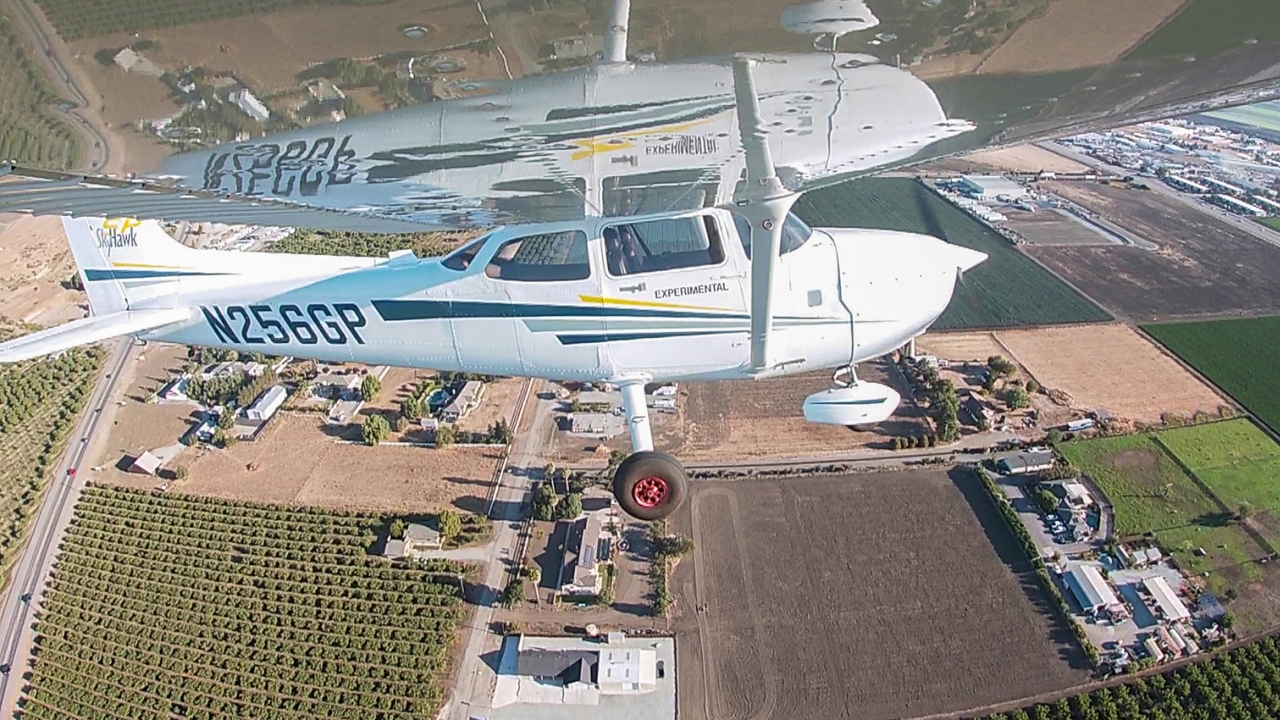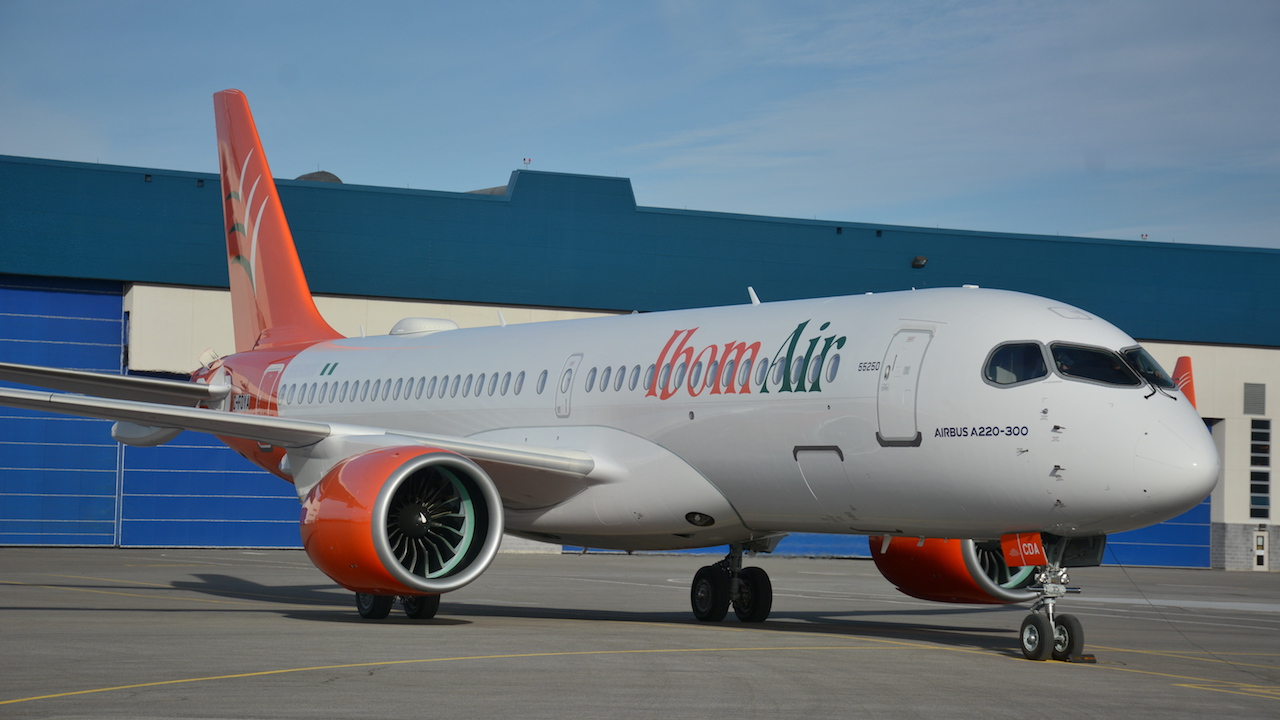Astral signs deal to boost autonomous aircraft safety in Africa
Kenya-based cargo airline Astral Aviation, has announced a strategic collaboration with US-based autonomous aircraft systems developer Reliable Robotics, with a goal of enhancing aviation safety and increasing air cargo connectivity in sub-Saharan Africa through the use of automated aircraft.

Reliable Robotics demonstrated its remotely piloted system on an uncrewed Cessna 172 Skyhawk in 2019 and is working towards certification for the Cessna 208 Caravan (Photo: Business Wire)
“We are preparing for explosive growth in regional trade and the need to transport significantly more air cargo across Africa,” said Sanjeev Gadhia, Founder and CEO at Astral Aviation. “Automation will enable us to serve more routes. We look forward to working with Reliable to safely transport larger payloads over longer distances at lower cost with remotely operated aircraft.”
Africa is poised for economic and trade growth, but held back by challenges related to the safety, speed and cost of transportation, including limited intra-African air services. The companies will work together to develop operational, regulatory and business plans to launch automated aircraft operations in sub-Saharan Africa.
Reliable Robotics is working with the Federal Aviation Administration (FAA) to certify its automation system on the Cessna 208 Caravan, and to begin commercial cargo operations in the United States. The collaboration with Astral Aviation will enable the subsequent international expansion into Africa where the Caravan is an essential utility aircraft with nearly 350 currently operating across the continent.
“The African aviation sector is primed for change and automated aircraft can be part of the solution to the market’s constraints,” said Robert Rose, Co-founder and CEO at Reliable Robotics. “Astral has deep experience operating in Africa, and we share a vision for how automation and remotely piloted aircraft can help the region reach its economic potential with safer, more flexible and cost-efficient air transport.”
Sub-Saharan Africa’s Gross Domestic Product (GDP) is growing at 4%. The widespread adoption of mobile technologies has enabled e-commerce to leapfrog legacy banking, communications and retail infrastructure, and is expected to grow to half a billion users by 20252. Expanding the air cargo network is critical to GDP and e-commerce growth in a continent with landlocked countries, busy ports, poor road networks, sparse transportation infrastructure, and an average distance between major cities of 4,100 kilometers.
Stay up to date
Subscribe to the free Times Aerospace newsletter and receive the latest content every week. We'll never share your email address.

